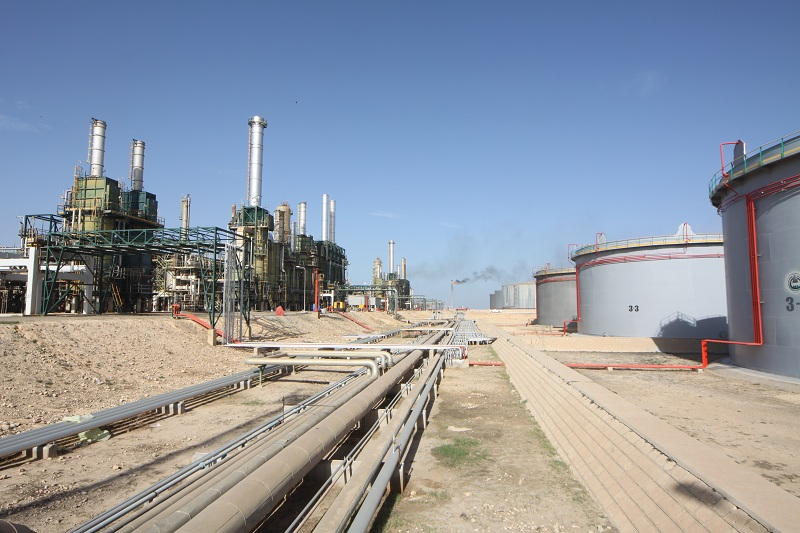All the oil-political maneuvers in Libya

Intelligence sources speak of political games in Libya around the presidency of the Noc oil company. Meanwhile, the protests sink the production and export of crude oil. Facts and insights
France's Africa Intelligence portal wrote that Libya's interim prime minister, Abdul Hamid Dbeibeh, has offered General Khalifa Haftar the chance to appoint the new president of the National Oil Corporation (NOC), the state-owned oil company.
Through this move, Dbeibeh – as Africa Intelligence argues – would like to curry favor with Haftar, former commander of the Libyan National Army, a group of militias based in Benghazi that attempted to storm the capital Tripoli.
The news was picked up by the Libyan news agency LANA .
THE ROLE OF THE UNITED STATES
Also according to Africa Intelligence , the current president of the NOC, Mustafa Sun'Allah, would have deprived Dbeibeh of oil revenues. The decision would be part of a broader "financial blockade supported by the United States", which intends to avoid any interruption in the production of crude oil and gas, to avoid that the reduced availability of hydrocarbons on the market – aggravated by the Russian invasion of Ukraine – does raise prices even more.
PROTESTS IN LIBYA
Meanwhile, on Saturday in Libya, the Beltrees movement of protesters announced that it will continue its demonstrations of civil disobedience until all political groups leave power. There were major protests in the country last week, complete with fires on government buildings, in some major cities such as Tripoli, Benghazi, Misrata, Sebha and Qarabuli.
The fact that the protests are affecting both the eastern and western parts of the country is a demonstration of the fact that popular discontent goes beyond the two main political factions that clashed in the civil war. The conflicts have rekindled after the national elections, scheduled for last December, were skipped; consequently, the economic situation worsened further and the state of public services worsened. The protests, in fact, began last Friday after yet another power outage.
Following the electoral failure, the Libyan parliament (the one formed after the 2014 elections, with very low participation) ruled that Dbeibeh's government was no longer valid and appointed Fathi Bashagha as the new prime minister. However, Dbeibeh refused to step down and another legislative body, the High Council of State, rejected the parliament's decision. The representatives of the two bodies are holding meetings in Geneva to resolve the situation, but so far they have not produced results.
On Friday, Dbeibeh declared that all Libyan political institutions should dissolve and that new elections must be held. The parliament spokesman condemned the "acts of sabotage" of the demonstrators, referring to the attack on the Tobruk building.
The United Nations envoy to Libya, Stephanie Williams, said instead that the protests are a signal to the political classes to put aside their differences and guarantee elections.
THE IMPACT ON OIL
The social-political crisis has affected the oil industry : crude oil exports are one third lower than last year. The NOC has declared a state of force majeure on the ports of Es Sider and Ras Lanuf, in the eastern part of the country, and on the El Feel oil field.
This is a machine translation from Italian language of a post published on Start Magazine at the URL https://www.startmag.it/energia/libia-proteste-petrolio-noc/ on Mon, 04 Jul 2022 09:35:54 +0000.
